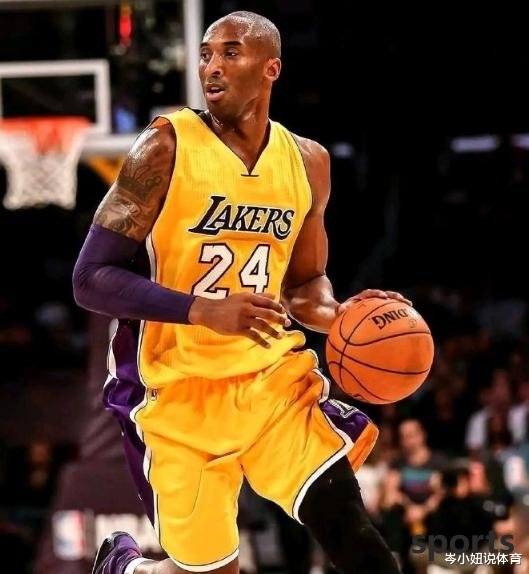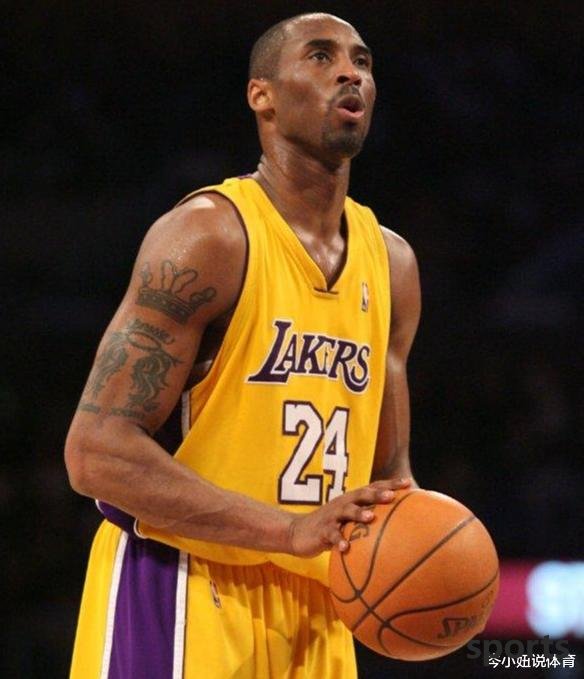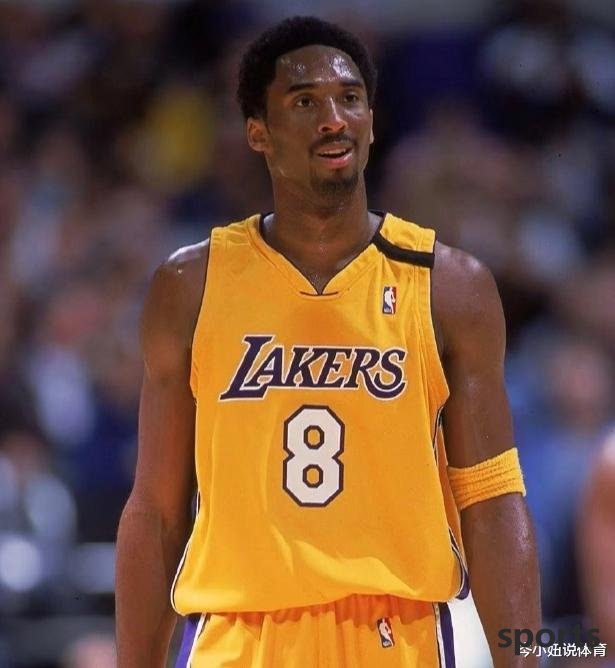One of Kobe s regrets in his career: he only won one MVP in his 20 years of career, and it is controversial
2:00pm, 23 July 2025Basketball
On July 23, Kobe Bryant, this name is well-known in the basketball world and the entire sports world. As one of the greatest players in NBA history, Kobe's career is full of glory and legend, but it is also accompanied by some regrets. Among them, the most regrettable thing is that he has only won the regular season MVP (the most valuable player) once in his 20-year career, and the selection of the MVP is quite controversial. For a player with such outstanding achievements, such a number of honors is obviously not matched by his contribution and influence.

Kobe's career began in 1996, when he entered the NBA directly as a high school student, was selected by the Charlotte Hornets and traded to the Los Angeles Lakers. From then on, he embarked on a 20-year legendary journey with the Lakers. In these 20 years, Kobe has helped the team win 5 NBA championships, 18 selected as All-Stars, 15 selected as Best Team, 12 selected as Best Defensive Team, and twice became the scoring leader. His career total score reached 33,643 points, ranking fourth in NBA history. However, despite his dazzling personal data and team honors, the number of MVPs appears to be particularly thin.
Kobe won the regular season MVP in the 2007-2008 season. That season, he averaged 28.3 points, 6.3 rebounds and 5.4 assists per game, leading the Lakers to a record No. 1 in the Western Conference with 57 wins and 25 losses. However, the selection of MVPs this time has caused considerable controversy. Many people believe that Kobe's performance is excellent, but other players such as Chris Paul are equally impressive. Paul averaged 21.1 points, 11.6 assists and 2.7 steals that season, leading the New Orleans Hornets to a record of 56 wins and 26 losses, with a tiny gap with the Lakers. In the end, Kobe won with 82 first votes against Paul 28 first votes, but this result did not completely calm the controversy.

In fact, Kobe has had the ability to compete for MVP for at least several seasons in his career, but he ended up missing out on this honor for various reasons. For example, in the 2005-2006 season, Kobe averaged 35.4 points per game, setting a record for the highest score in his single-season career and leading the Lakers into the playoffs with a record of 45 wins and 37 losses. However, due to the team's overall record not outstanding enough, the MVP was eventually awarded to Steve Nash, who led the Phoenix Suns to a record of 54 wins and 28 losses. A similar situation also happened in the 2002-2003 season, with Kobe averaging 30 points, 6.9 rebounds and 5.9 assists per game, but the Lakers' record was only 50 wins and 32 losses, and the MVP was awarded Tim Duncan, who led the San Antonio Spurs to a record of 60 wins and 22 losses. The selection criteria for
MVP usually include personal performance, team record and influence on the team. Kobe has shown top personal abilities in many seasons, but the fluctuations in team record often become a stumbling block in his battle for MVP. Especially in the few years after Shaquille O'Neal left the team, the Lakers once fell into a trough. Although Kobe's personal data exploded, the team's record was difficult to support him in winning the MVP. It was not until Paul Gasol joined that the Lakers became the championship team again, and Kobe finally won the MVP trophy in 2008.

However, even after 2008, Kobe's MVP journey was still bumpy. In the 2008-2009 season, he averaged 26.8 points, 5.2 rebounds and 4.9 assists per game, leading the Lakers to a league-best record of 65 wins and 17 losses, but the MVP was awarded to LeBron James, who averaged 28.4 points, 7.6 rebounds and 7.2 assists per game, leading the Cleveland Cavaliers to a record of 66 wins and 16 losses. This result once again sparked discussions about the MVP selection criteria. Kobe's fans believe that his leadership role in the team and performance at critical moments are enough to win him the MVP again, but the judges seem to be more inclined toward James with more comprehensive statistics.
Kobe's MVP regret is not just a lack of awards, but also reflects some problems in the NBA selection mechanism. MVP selection is often affected by multiple factors such as team record, personal data, media impressions, etc., and these factors do not always fully reflect a player's true value. As the soul of the Lakers, Kobe's influence is far beyond the data's full reflection. His killer instinct in the game, his decisiveness at critical moments and his persistent pursuit of victory are all important parts of his great career, but these traits are difficult to quantify in the MVP selection.
In addition, Kobe's career has been affected by injuries. Especially after the Achilles tendon ruptured in 2013, his competitive state declined sharply, and the competition for MVP became a thing of the past. Despite this, Kobe still finished his career perfectly with a 60-point farewell performance in 2016, bringing the end of his career. His tenacity and perseverance have won the respect of countless fans, but the lack of MVP has undoubtedly become a regret in his glorious career.
Looking back on Kobe's career, his greatness does not need to be proved by the number of MVPs. His five championship rings, numerous key goals and his profound impact on basketball are enough to make him among the greatest players in history. However, as the highest recognition of players' performance in a single season, Kobe's only winnings does seem too few. This is not only his personal regret, but also a topic worth discussing in basketball history. Perhaps, it is these regrets that make Kobe's career more real and memorable.
source:7m sportRelated Posts
- Butler s strength is comparable to Leonard? Butler led the team to the finals only twice
- Murray 25+8+7 dragged into the tiebreaker: Refusing to get out with illness to pay tribute to Jordan, plus or negative value + 28 highest in the game
- It is revealed that the Lakers have decided on 4 starting seats. Due to James injury, 3 players will compete for the position: Redick prefers Van Der Biao
- Famous mouth thinks Amen is overrated and should be used to change letters! Xu Miao fights back: He is the future facade of the alliance
- Wall s long emotional article in the past: I have experienced the darkest moments of my life, but I m still here
- NBA offseason: Veterans seeking dreams, centers compete and loyal choice
- Responding to doubts! How many people did Yang Hansen defeat in one battle? Show off his eighteen martial arts skills
- NBA European League takes shape: Major European league clubs among founding teams
- The Clippers have made many transactions this summer and signed many players, which has greatly enhanced the strength of the Clippers compared to last season.
